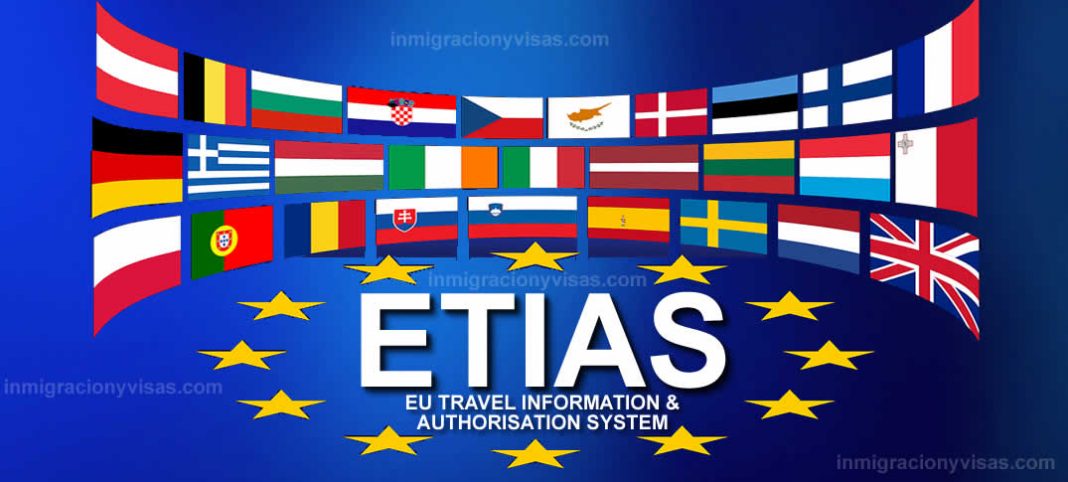Britons face changes to border rules across the continent – with travellers facing new passport and Visa rules – at the borders of the six European states that make up the Schengen Area. Andrew Atkinson reports.
BRITISH travellers face border rules changes across the continent – facing new passport and Visa rules – at the borders of the six European states that make up the Schengen Area.
According to Shkurta Januzi, News Editor from VisaGuide World, seven EU systems and databases will be introduced, or updated, by 2022.
The changes will enable the EU to keep track of travellers, in a bid to tighten security. UK nationals will need to apply for a new type of ‘Visa’ when visiting Schengen states.
EU officials had previously stated that the EU would impose short-term Visas, in a scenario where Britain crashed out of Brexit, without an agreement.
In the last deal on short term travelling, UK and the EU agreed NOT to impose Visas on each other’s citizens, under the condition of reciprocity.
Travelling to the EU under the new plan, the EU is to introduce a travel authorisation for the nationals of all 62 non-EU/non-Schengen countries that have a Schengen Visa-free agreement with the EU.
The new scheme, scheduled to come into force in January 2021, is called the European Travel Information and Authorisation System, and will apply to UK passport holders, as of that date.

Known as the ETIAS, the new document is a travel authorisation – that Britons will need to apply for – and obtain before travelling at any EU port of entry.
Britons should apply in advance for an ETIA. The new ETIAS will be available online. Applications can take between four days to two weeks. If approvedthey will be valid for three years.
If denied, Britons will need to apply for a Schengen Area Visa, reportedly costing up to £65 (€80).
Changes to passports means British travellers will no longer be able to cross borders, without their travel documents.
At present tourists heading over the border at certain ports of entry, can travel with a valid piece of ID. Britons will in future have to carry their passports, regardless of their means of transport, or their EU port of entry.
They will no longer be permitted to enter the EU block and the associate countries Norway, Switzerland and Liechtenstein, with only an ID. Travellers should also ensure their passports meet EU rules.
With no EU passports, Britons will have to join non-EU nationals waiting for passport checks at the EU airports.
With the General Election in the UK on 12 December it is not clear what will happen with Britons travelling to the EU, but non-Schengen, country of Ireland, due to the current open-border policy between both countries, depending on a ‘Deal-No-Deal’ scenario.






After the decision of United Kingdom to withdraw from the European Union, it’s expected that the country will undergo a lot of changes in the immigration process. Since the country voluntarily exit the UE at the same time they have voluntarily surrender their rights as a part of the organization rendering them vulnerable on the policies being regulated by the union.